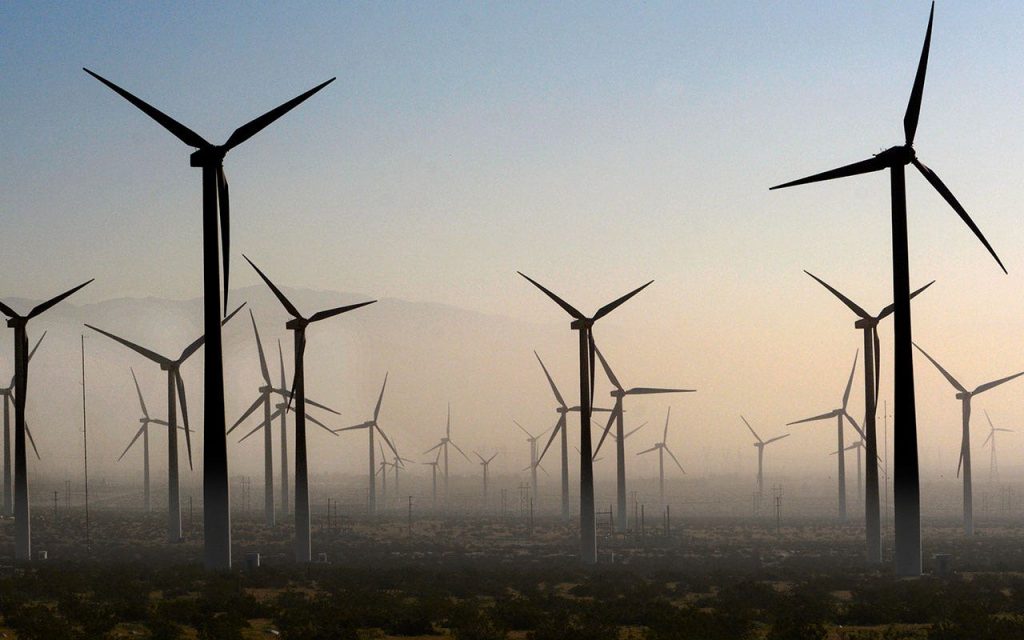A recent study from Chapman University’s Demographics & Policy department revealed that California’s progressive climate policies are negatively impacting the state’s Latino population. The report, titled “El Futuro es Latino,” identified industries such as agriculture, construction, trucking, and manufacturing as being particularly affected by these regulations. Lead researcher Soledad Ursua, a member of the Venice Neighborhood Council in Los Angeles County, pointed out that Latinos in the state are facing reduced opportunities due to these policies. Additionally, housing affordability and failures in California’s public school system were highlighted as areas of concern in the report.
The report noted that California’s progressive policies have systematically weakened blue-collar sectors predominantly made up of Latino workers, leading to stagnation or decline in businesses within these industries. The state’s environmental regulations, which also impact the middle class, have contributed to soaring home prices in California, making it the most expensive state to live in. This has led to an exodus of historically white middle-class residents, creating an opportunity for Latinos to fill that void. However, the transition is not without challenges, such as the state’s truck ban, which requires a significant percentage of vehicles to be fully electric by 2035.
One major obstacle facing Latino workers in California is the high cost of transitioning to electric vehicles, particularly for smaller companies. Larger corporations with more resources are better equipped to make the switch, while smaller businesses struggle to afford the expensive electric trucks. In addition to impacting Latino workers, the state’s environmental regulations also have a significant impact on small farm owners and businesses. In response to the state’s climate policies, a coalition of business groups, led by the U.S. Chamber of Commerce, filed a federal lawsuit against California for its laws requiring companies to disclose climate data.
Despite pushback from Republican-led states in the courts, California’s authority to set stringent vehicle emission standards has been upheld by the U.S. Court of Appeals for the District of Columbia Circuit. Governor Gavin Newsom expressed his commitment to continue efforts to protect communities from pollution and address the climate crisis. The report highlighted the clean vehicle transition as a direction the industry is moving towards, with major automakers supporting stricter emission standards. While California is on track to meet its goals ahead of schedule, challenges remain for Latino workers and small businesses impacted by the state’s progressive climate policies.
In conclusion, the “El Futuro es Latino” report sheds light on the economic challenges faced by the Latino population in California as a result of the state’s progressive climate policies. The study underscores the need to address the disparities and hardships experienced by Latino workers in industries such as agriculture, construction, trucking, and manufacturing. As California continues its transition towards cleaner energy and stricter environmental regulations, it is essential to consider the impact on vulnerable populations and ensure that policies support inclusive and equitable economic growth for all residents.


